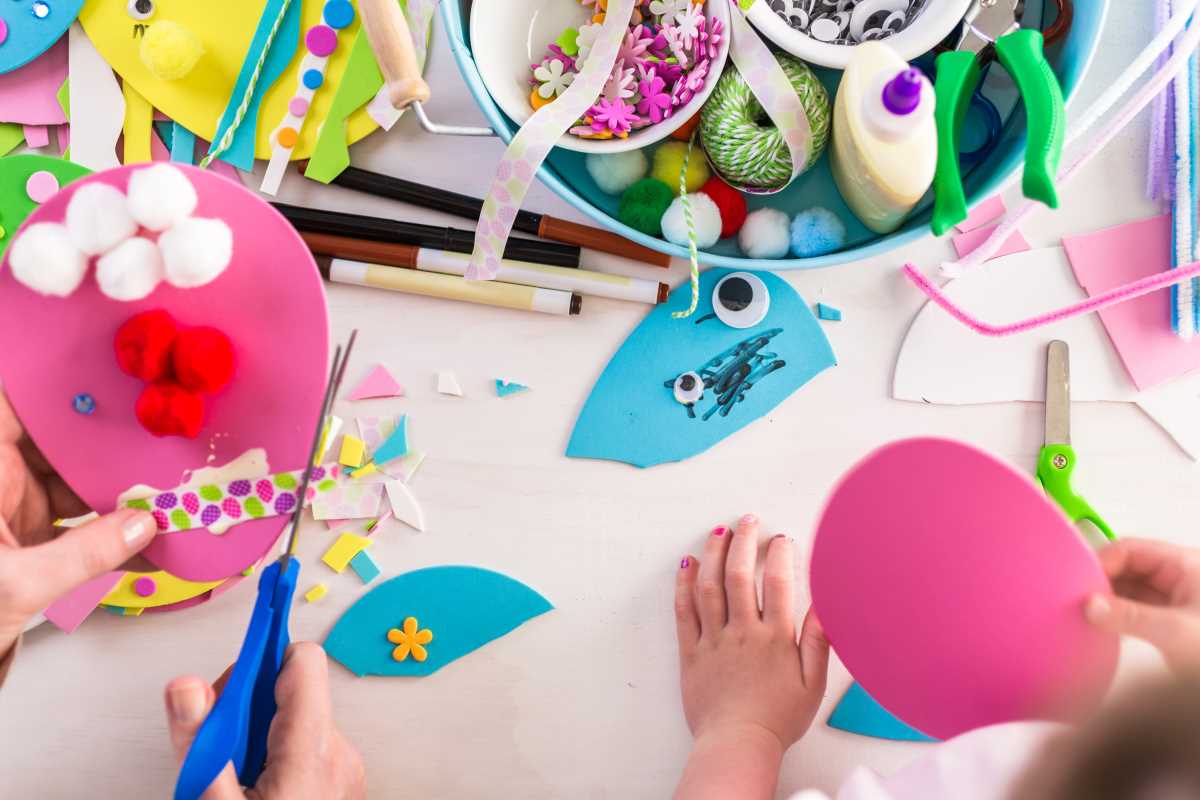It's essential to have open and honest conversations about mental health, especially when it comes to discussing this topic with kids. Children may struggle to understand and express their emotions, making it crucial to approach these conversations with care. Here are some effective strategies for discussing mental health with kids.
Start by Creating a Safe Space
Begin the conversation in a safe and comfortable environment where your child feels relaxed. Encourage them to share their thoughts and feelings without judgment. Children need to feel heard and supported when discussing sensitive topics like mental health.
Use Simple and Age-Appropriate Language
When talking to kids about mental health, use simple language that they can easily understand. Avoid using abstract or complex terms that may confuse them. Be honest but ensure that the information shared is age-appropriate.
Encourage Open Communication
Encourage your child to ask questions and express their thoughts openly. Let them know that it's okay to feel various emotions and that they can talk to you about anything. Building a foundation of open communication will help your child feel comfortable discussing mental health.
Normalize the Conversation
Make discussing mental health a regular part of your conversations with your child. Normalize talking about emotions, stress, and ways to cope with challenges. By making mental health discussions a regular occurrence, you help reduce the stigma associated with these topics.
Validate Their Feelings
When discussing mental health with your child, validate their feelings and experiences. Let them know that it's okay to feel a certain way and that their emotions are valid. Avoid dismissing or downplaying their feelings, as this can make them less likely to open up in the future.
Provide Reassurance and Support
Offer reassurance and support to your child during these conversations. Let them know that you are there to listen, help, and support them through any challenges they may face. Providing a sense of security and comfort will encourage your child to be more open about their mental health.
Seek Professional Help if Needed
If you notice signs of significant distress or mental health issues in your child, don't hesitate to seek professional help. A mental health professional can provide the necessary support and guidance to help your child navigate their emotions and mental well-being effectively.
By implementing these effective strategies for discussing mental health with kids, you can create a supportive and understanding environment where your child feels safe to express themselves. Remember that open communication, validation of feelings, and seeking professional help when needed are essential components of supporting your child's mental health.







